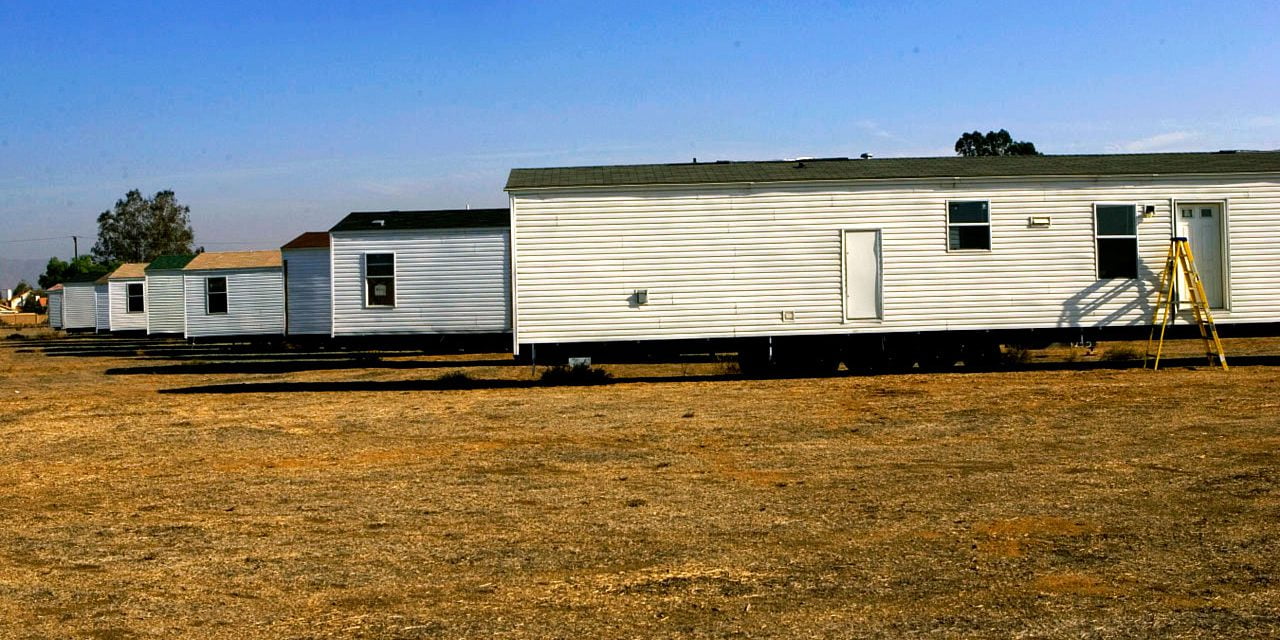This article is part of an ongoing series covering violations of real estate law. Here, the owner of a mobilehome park failed to ensure their units were up to code — with disastrous results.
In March 2019, the California Department of Real Estate (DRE) penalized Nijjar Realty, a property management company operating under the name Pama Management, for violations of real estate law. Pama Management was run by Everet Miller, who has been a licensed real estate agent since 1971 and a licensed broker since 1999.
The DRE alleges that Pama Management, which owned and operated a mobilehome park in Oildale, CA, leased spaces and sold mobilehomes from 2015 to 2017 without a California Housing and Community Development Department (HCD) license to sell mobilehomes or recreational vehicles.
Since the mobilehome park was unauthorized, HCD was unaware of its existence and did not inspect the mobilehome units prior to occupancy. The units, which were installed without the necessary construction permits, allegedly lacked carbon monoxide and smoke detectors.
In January 2016, three of the Oildale mobilehomes burned down, resulting in the death of an infant.
Pama Management settled over the death in January 2018, and faced felony charges of involuntary manslaughter that April (which were dismissed due to insufficient evidence).
In response to the company’s real estate-related negligence, the DRE revoked the license of Everet Miller, as well as the corporate license of Nijjar Realty, Inc. The company was ordered to pay investigation costs of $2,548.56.
The takeaway
Permits and building codes exist for a reason. While some might see many of these regulations as mere bureaucratic red tape, plenty of preventative safety measures — such as those mandating the installation of smoke alarms — are literally lifesaving.
When it comes to owning and managing property, it is crucial to pay attention to all regulations regarding that type of property.
For example, smoke detectors are required to be installed and maintained in all dwelling units intended for human occupancy — that includes mobilehomes.
When a smoke detector is broken or missing, and if the landlord and their manager have knowledge of the defect, the landlord is liable for any injury or property damage resulting from the situation.
Smoke detector laws don’t mandate the frequency of owner inspections — but landlords have a duty to inspect the premises upon entry for any purpose. Inspections don’t need to be thorough, but landlords are liable for any dangerous condition that is observable by a reasonable person. [Mora v. Baker Commodities, Inc. (1989) 210 CA3d 771]
Related article:
Here, Pama Management was clearly responsible for the situation by ignoring not only smoke detector regulations but the inspection and permit processes that exist specifically to avoid harm to individuals or their property.
Property managers would do well to be contentious about the state of the property — theirs and others’ — and to regard safety regulations even when it is inconvenient to do so. Not only is the landlord or property manager less likely to be liable for injury or property damage — and by extension loss of life and livelihood — but these life-endangering things are less likely to occur in the first place.















Common……..
Where is the oversight here.
The City of Oildale had to have issued a business license and the county knows who & how taxes are paid on the enterprise & property.
HCD SHOULD NOT SKATE WITH THE “WE DID NOT KNOW IT EXISTED”
BULL CRAP!!!!!!!!!!!!!!
Do your FRIGGIN JOB.,!!!!!!!!!!!!!!
Again where is the “OVERSIGHT”.
When PAMA Management was applying for their “Business License” there should have been a checklist that PAMA Management was properly licensed by the state, inspected & approved by the county & the city.
So what we have here is everyone sitting on the ARSE….collecting the money BUT NOT DOING THEIR JOB,,,,
And don’t let them get away with “SURPRISE SURPRISE…!!!!! Gomer Pyle style………….
AND
None of this “We did not know CRAP!!!!!!
What are these people 13 years old……… the dog ate my homework.
City of Oildale….
County of Kern….
State of California….
DO YOUR JOBS…………
You bunch of SOPHMORIC IDIOTS.!!!!!!!!!!!!!
It’s well known that a small player that rents an office in large buildings doesn’t apply for business license; and nobody bothers them.